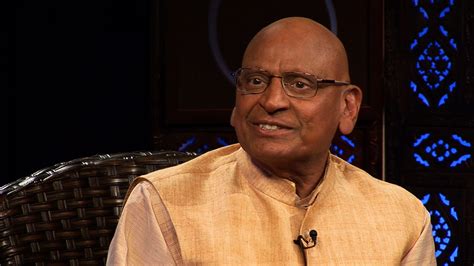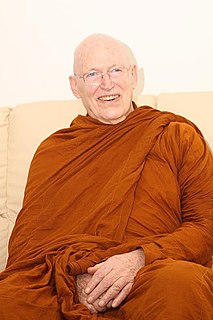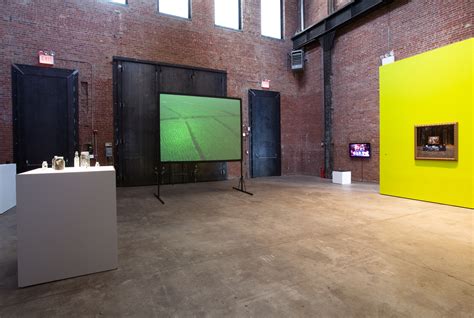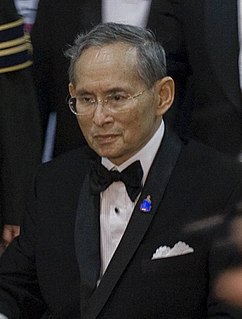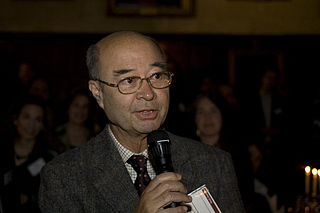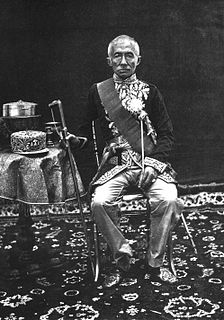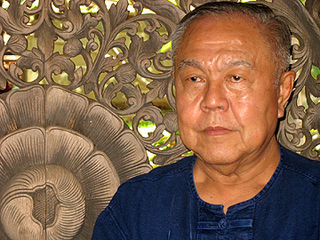A Quote by Ajahn Chah
We don't meditate to see heaven, but to end suffering.
Related Quotes
True freedom and the end of suffering is living in such a way as if you had completely chosen whatever you feel or experience at this moment. This inner alignment with Now is the end of suffering. Is suffering really necessary? Yes and no. If you had not suffered as you have, there would be no depth to you as a human being, no humility, no compassion. You would not be reading this now. Suffering cracks open the shell of ego, and then comes a point when it has served its purpose. Suffering is necessary until you realize it is unnecessary.
Heaven Is Whenever - the Christian version of reward, the ultimate reward of heaven. I guess what I'm trying to say is this is happening every day. We're blessed always. There is struggle and there is suffering in our lives, but understanding that is part of our lives - a part that just is. Suffering is a part of the joy of life.
If we take the time to look deeply, we see that understanding and compassion arise from suffering. Understanding is the understanding of suffering, and compassion is the kind of energy that can transform suffering. If suffering is not there, we have no means to cultivate our understanding and our compassion. This is something quite simple to see
I meditate because evolution gave me a big brain, but it didn't come with an instruction manual. I meditate because life is too short and sitting slows it down. I meditate because life is too long and I need an occasional breakI meditate because it's such a relief to spend time ignoring myselfI meditate because I'm building myself a bigger and better perspective, and occasionally I need to add a new window.
The world is full of suffering. Birth is suffering, decre- pitude is suffering, sickness and death are sufferings. To face a man of hatred is suffering, to be separated from a beloved one is suffering, to be vainly struggling to satisfy one's needs is suffering. In fact, life that is not free from desire and passion is always involved with suffering.
Patanjali says that we can meditate on anything that our heart desires. The important thing is not what we meditate on, but more that we meditate. And then gradually to meditate more and more on what corresponds to the innermost longing of our heart. The practice of meditation . . . gradually works its magic in stilling the mind. (42)















